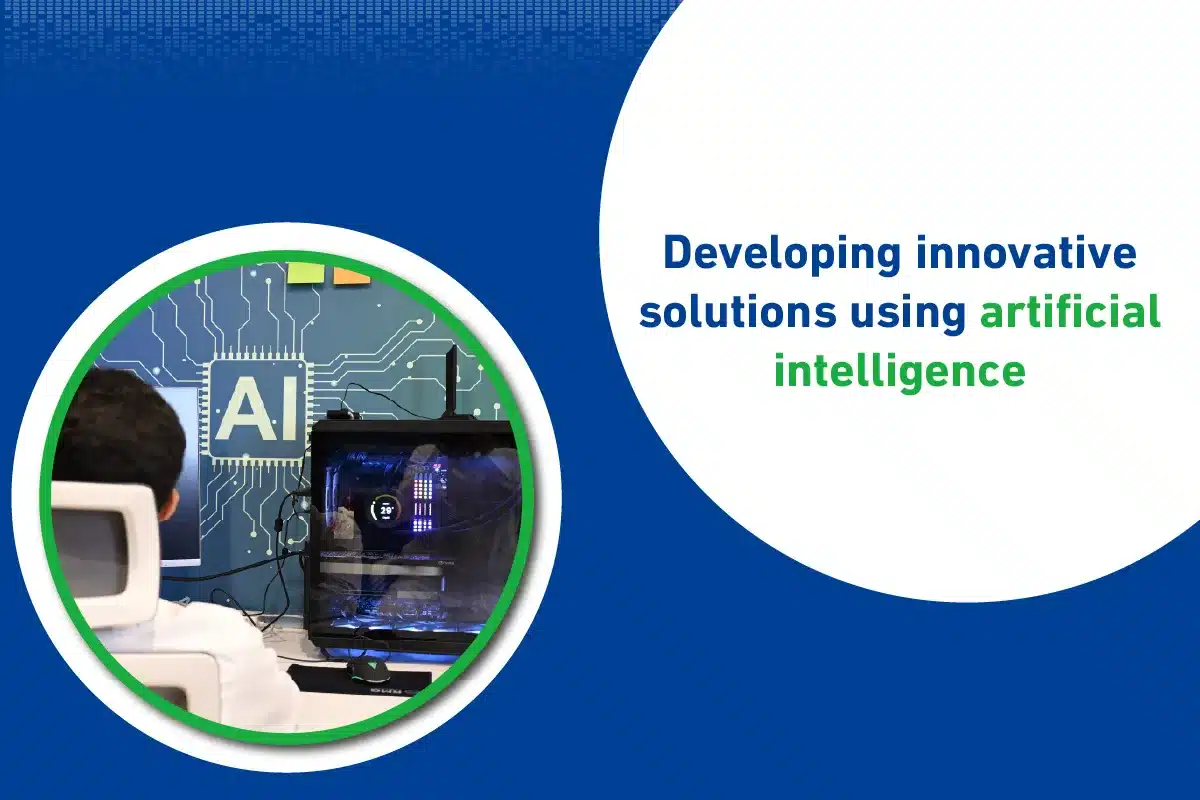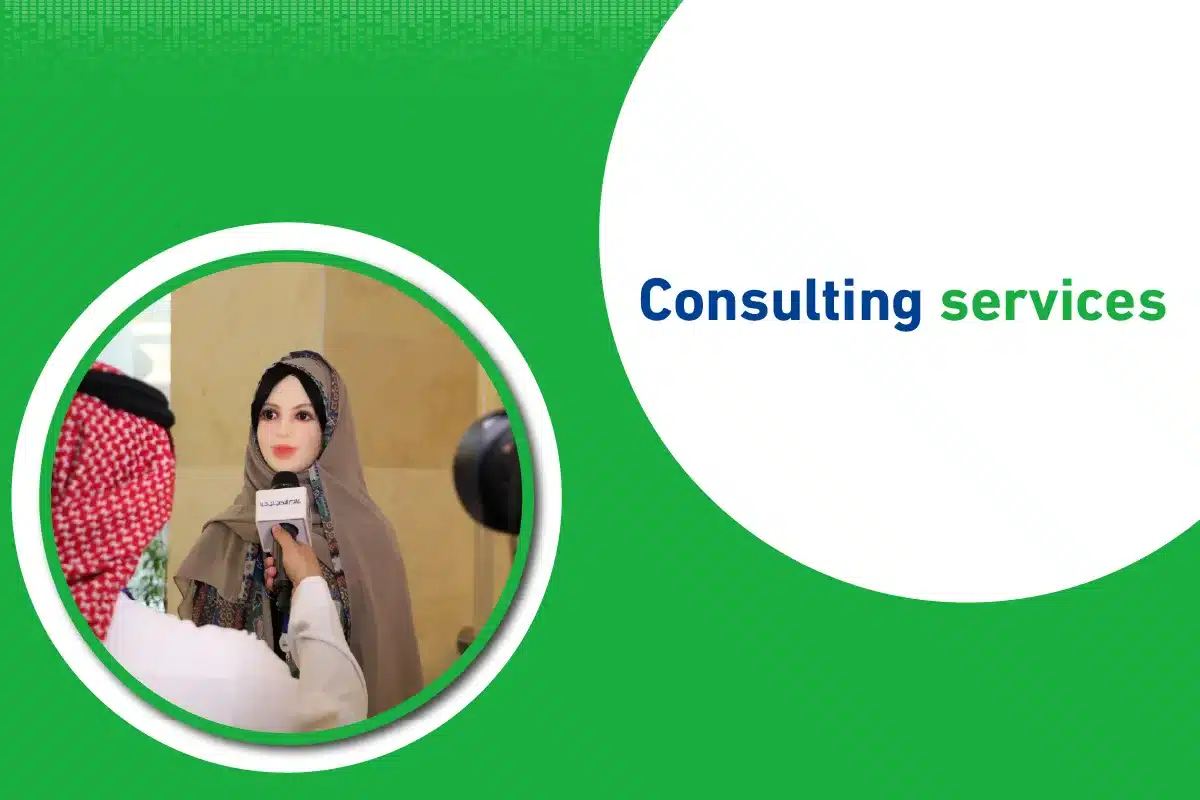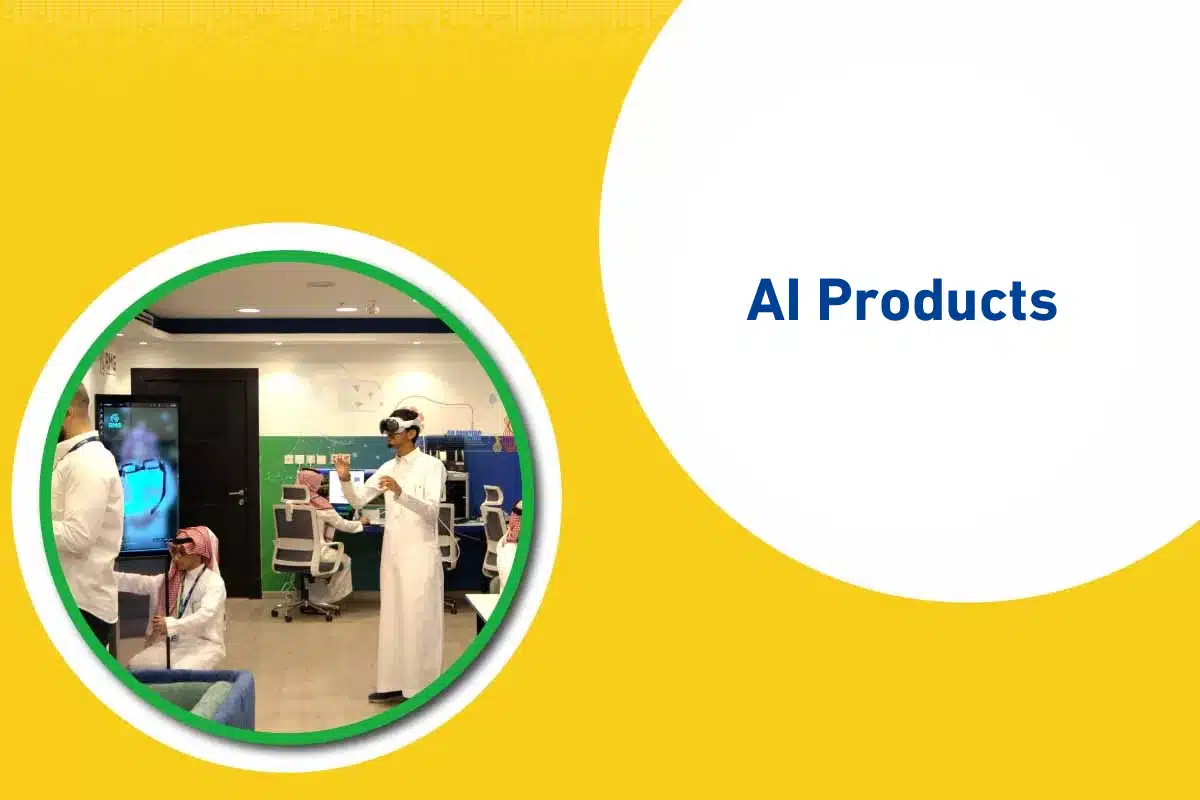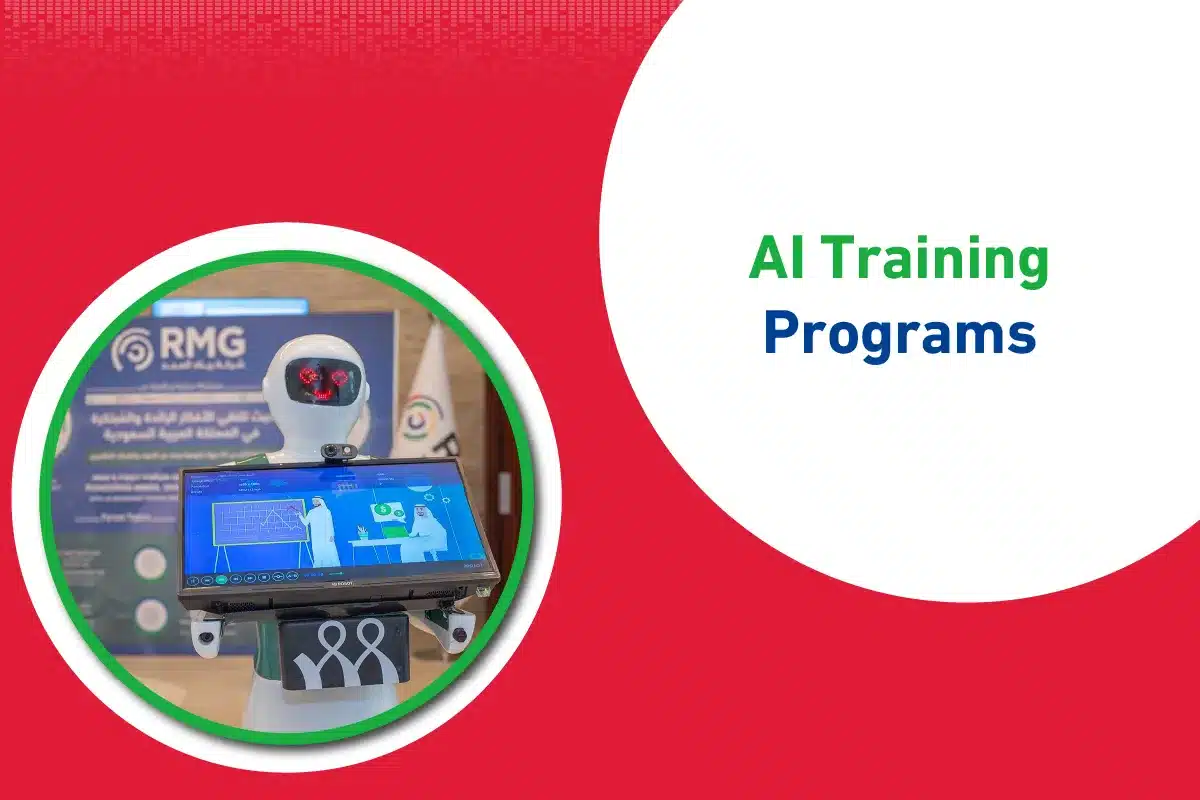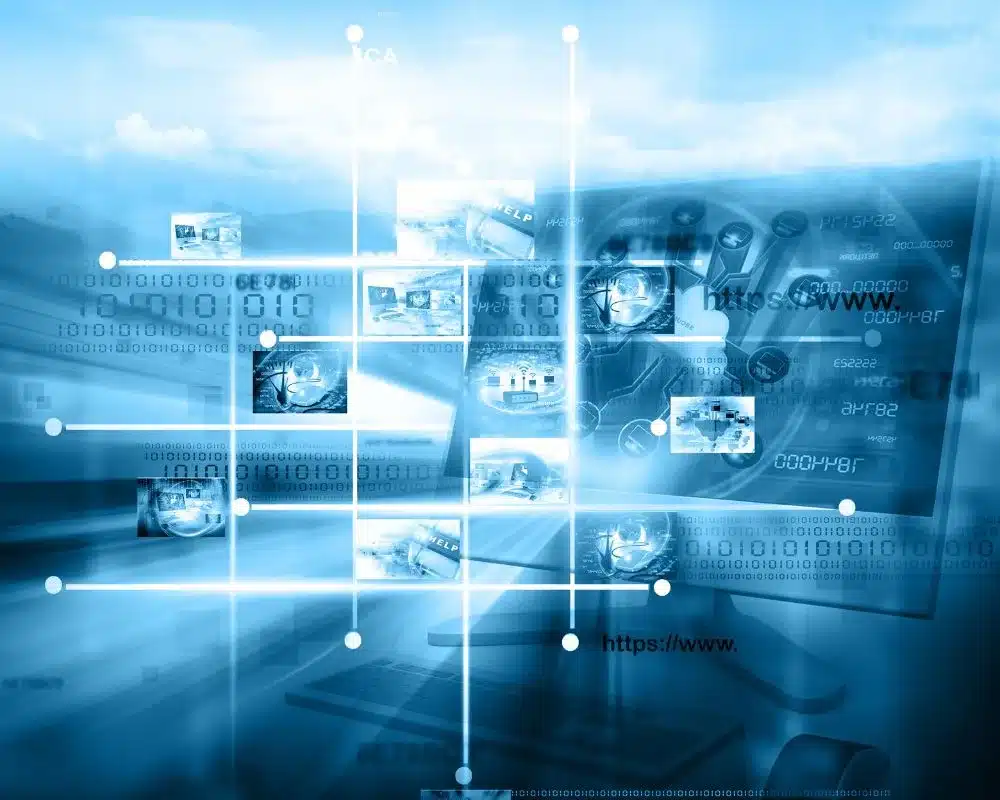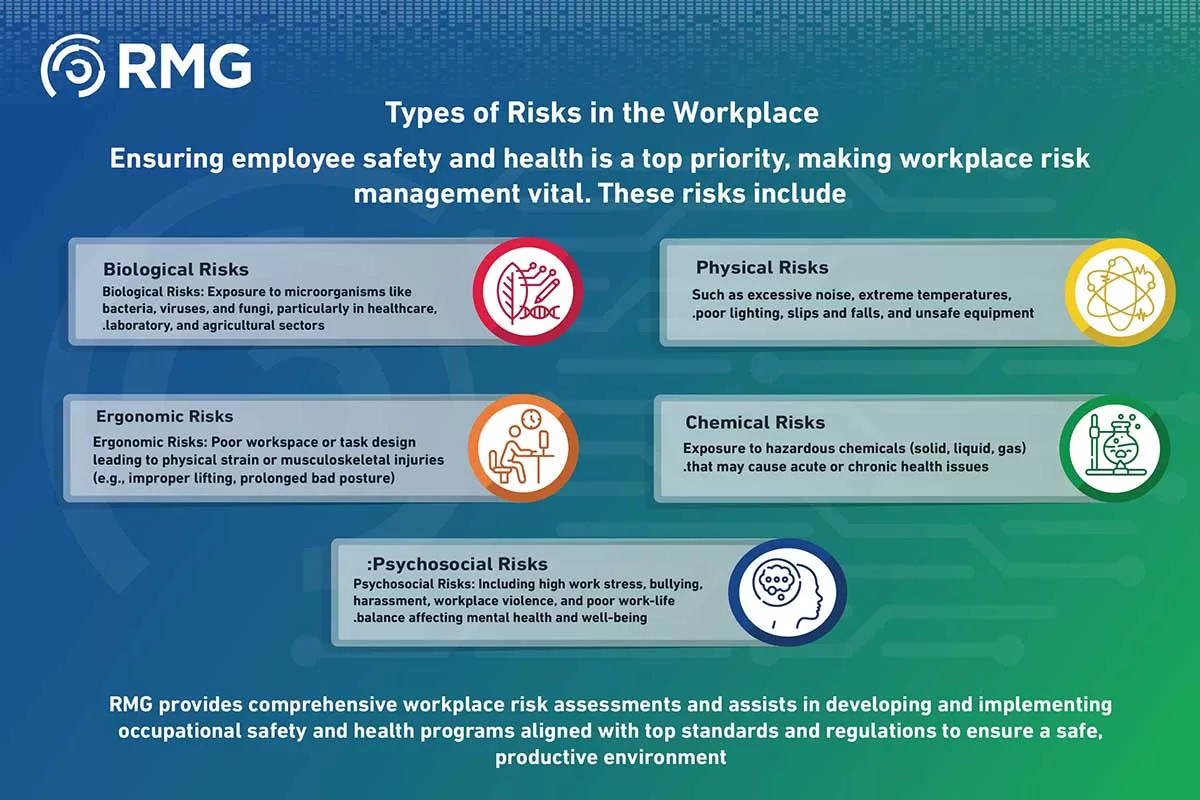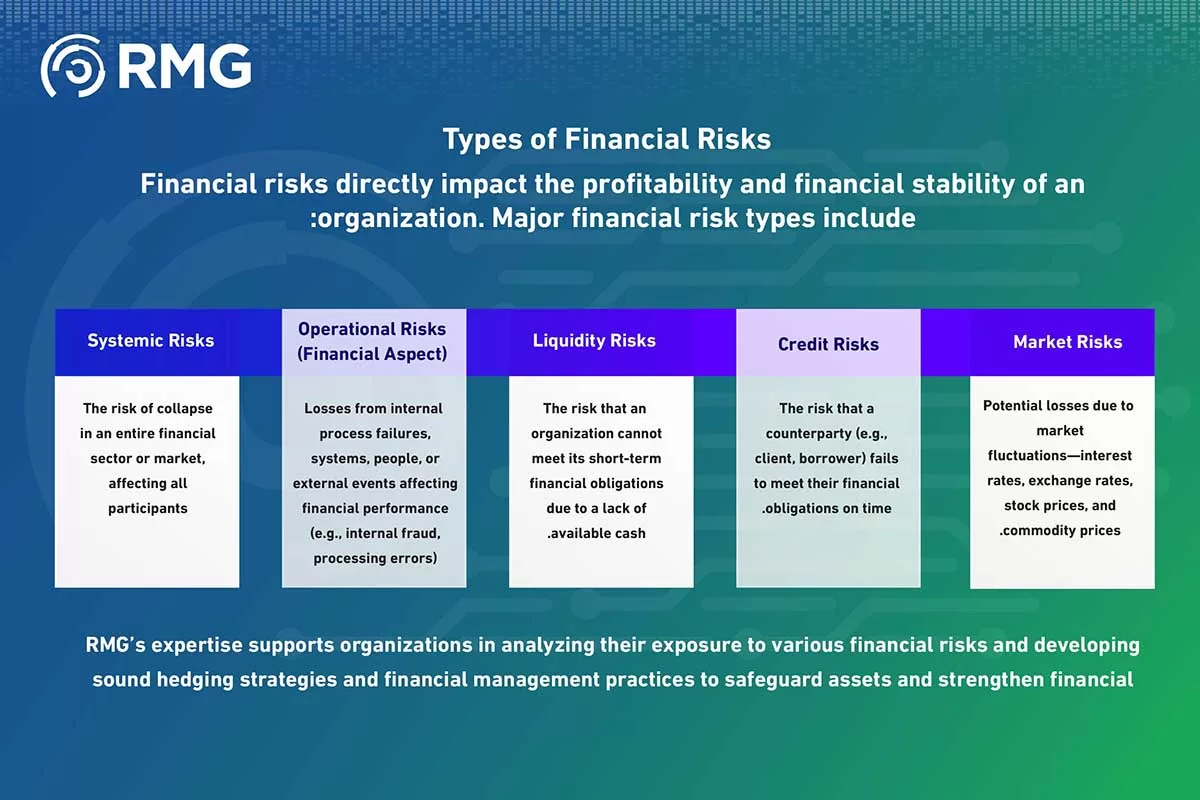Blog Body
Discover a detailed guide on various types of risks—financial, operational, cyber, and more—across workplaces, projects, schools, and factories. Learn how to effectively manage these risks with the leading solutions from Renad Al Majd Company (RMG) to ensure the continuity and safety of your business.
In both business and daily life, risks are an integral part of the equation. Whether you’re managing an ambitious project, overseeing a work environment, or running an educational or industrial institution, understanding the potential types of risks and how to manage them is a cornerstone of continuity, goal achievement, and protection of assets and human resources. Ignoring or underestimating risks can lead to severe consequences, ranging from financial losses and operational disruptions to reputation damage and even threats to individual safety.
This article aims to provide a comprehensive and detailed overview of the most common types of risks across various sectors and contexts, with a special focus on how to effectively deal with them. We’ll examine risks from the perspectives of project management, workplace environments, financial aspects, educational institutions, the food sector, factories, and the rising cyber threats. Most importantly, we’ll highlight the critical role that specialized expertise—like that offered by RMG—plays in helping organizations identify, assess, and proactively manage these risks. Investing in risk management is not merely a preventive measure; it is a strategic investment in your organization’s future and sustainable growth.
Types of Risk in Risk Management: A General Overview
Before diving into sector-specific details, it’s important to understand the general framework of risk types in risk management. Risks are typically classified into broad categories to help organizations structure their approach. These categories include:
- Strategic Risks: Related to major decisions that affect the long-term direction of the organization, such as entering new markets, changing the business model, facing unexpected competition, or shifts in customer preferences.
- Operational Risks: Arising from the daily operations of the organization, including equipment failures, human errors, inefficient internal processes, or supply chain issues.
- Financial Risks: As the name suggests, these pertain to the financial aspects of an organization and will be discussed in more detail later.
- Compliance Risks: Resulting from failure to comply with applicable laws, regulations, and industry standards, potentially leading to fines, sanctions, and reputational harm.
- Reputational Risks: Concerned with how the public, customers, and stakeholders perceive the organization. These can be impacted by product failures, poor customer service, unethical practices, or any of the above risks.
Understanding these categories helps organizations, especially with partners like RMG, to build a comprehensive risk management framework that covers all operational aspects.
Types of Risks in Project Management
Project management is inherently rich with risks due to its defined time, budget, and scope constraints. Common project management risks include:
- Scope Creep: Uncontrolled expansion of project goals and requirements, leading to budget and timeline overruns.
- Cost Risks: Budget overruns due to misestimation, rising material costs, or unforeseen requirements.
- Schedule Risks: Delays in completing project tasks or milestones, affecting the final delivery date.
- Resource Risks: Unavailability of the required resources (human, material, or financial) in a timely manner or in sufficient quality/quantity.
- Technical Risks: Unexpected technical challenges, technology incompatibility, or software/tool failures.
- Communication Risks: Misunderstandings or lack of communication among team members and stakeholders, causing errors and delays.
RMG helps project managers and teams identify these risks early, assess their likelihood and impact, and develop effective response plans to ensure project success within set constraints.
Types of Risks in the Workplace
Ensuring employee safety and health is a top priority, making workplace risk management vital. These risks include:
- Physical Risks: Such as excessive noise, extreme temperatures, poor lighting, slips and falls, and unsafe equipment.
- Chemical Risks: Exposure to hazardous chemicals (solid, liquid, gas) that may cause acute or chronic health issues.
- Biological Risks: Exposure to microorganisms like bacteria, viruses, and fungi, particularly in healthcare, laboratory, and agricultural sectors.
- Ergonomic Risks: Poor workspace or task design leading to physical strain or musculoskeletal injuries (e.g., improper lifting, prolonged bad posture).
- Psychosocial Risks: Including high work stress, bullying, harassment, workplace violence, and poor work-life balance affecting mental health and well-being.
RMG provides comprehensive workplace risk assessments and assists in developing and implementing occupational safety and health programs aligned with top standards and regulations to ensure a safe, productive environment.
Types of Financial Risks
Financial risks directly impact the profitability and financial stability of an organization. Major financial risk types include:
- Market Risks: Potential losses due to market fluctuations—interest rates, exchange rates, stock prices, and commodity prices.
- Credit Risks: The risk that a counterparty (e.g., client, borrower) fails to meet their financial obligations on time.
- Liquidity Risks: The risk that an organization cannot meet its short-term financial obligations due to a lack of available cash.
- Operational Risks (Financial Aspect): Losses from internal process failures, systems, people, or external events affecting financial performance (e.g., internal fraud, processing errors).
- Systemic Risks: The risk of collapse in an entire financial sector or market, affecting all participants.
RMG’s expertise supports organizations in analyzing their exposure to various financial risks and developing sound hedging strategies and financial management practices to safeguard assets and strengthen financial resilience.
Types of Risks in Schools
Educational institutions hold great responsibility for the safety and well-being of students and staff. Risk types in schools include:
- Physical Safety Risks: Accidents on campus, in playgrounds, fire hazards, or infrastructure issues.
- Bullying and Violence Risks: Physical, verbal, or cyberbullying, and violence between students or against teachers.
- School Transport Risks: Bus accidents, maintenance issues, or driver behavior concerns.
- Health Risks: Spread of infectious diseases, inadequate sanitation facilities, or emergency medical cases.
- Security Risks: External threats, unauthorized entry, or property theft.
- Data Privacy Risks: Protecting sensitive student and staff data from breaches or misuse.
- Emergency and Disaster Risks: Lack of preparedness for natural disasters (earthquakes, floods) or other emergencies (fires, security threats).
RMG acts as a strategic partner for schools in developing comprehensive risk management plans, conducting safety drills, and evaluating security measures to ensure a safe and protected learning environment.
Types of Food Safety Risks
The food sector is among the most risk-sensitive due to its direct impact on consumer health. Risk types in food safety include:
- Biological Risks: Food contamination with pathogens like Salmonella, E. coli, viruses (e.g., Norovirus, Hepatitis A), or parasites.
- Chemical Risks: Food contamination with harmful chemicals like pesticides, veterinary drugs, cleaning agents, heavy metals, or unauthorized additives.
- Physical Risks: Foreign objects in food like glass, metal, plastic, stones, or bones causing consumer injury.
- Allergen Risks: Presence of allergens (nuts, milk, eggs, soy, wheat) in food products without clear labeling, endangering allergic individuals.
- Spoilage Risks: Non-pathogenic microbial growth altering food taste, smell, or appearance, rendering it inedible.
- Supply Chain Risks: Issues related to raw material safety, improper storage or transportation, and food fraud or adulteration.
RMG helps food companies implement food safety management systems (e.g., HACCP, ISO 22000), perform audits, and conduct risk assessments to ensure compliance with the highest safety and quality standards.
Types of Risks in Factories
Industrial environments involve heavy machinery, complex processes, and hazardous materials, making factory risk management crucial. Key risks include:
- Machinery Risks: Injuries from machine entanglement, crushing, or cutting, lack of protective guards, or poor maintenance.
- Fire and Explosion Risks: Presence of flammable/explosive materials, poor chemical storage, and inadequate fire detection and suppression systems.
- Hazardous Material Exposure: Inhalation or contact with chemicals, dust, or toxic fumes.
- Electrical Risks: Electric shocks, fires due to electrical faults, unsecured connections or equipment.
- Height or Confined Space Risks: Falls from height, suffocation, or poisoning in poorly ventilated spaces.
- Environmental Risks: Hazardous material spills polluting air, water, or soil.
- Noise and Vibration Risks: Prolonged exposure to high noise/vibration levels causing hearing or other health issues.
RMG offers specialized consulting services for factories to assess industrial risks, design safety programs, train workers, and ensure compliance with regulatory and industry standards.
Types of Cyber Risks
In the digital era, cyber risks pose a significant threat to organizations of all sizes and sectors. Key cyber risk types include:
- Malware: Viruses, ransomware, spyware, and Trojans that infiltrate systems to steal data or disrupt operations.
- Phishing: Deceptive attempts to obtain sensitive information (e.g., passwords, bank details) via fake emails or websites.
- Denial-of-Service Attacks (DoS/DDoS): Flooding servers or networks with traffic to render services unavailable to legitimate users.
- Data Breaches: Unauthorized access to sensitive data (customer records, intellectual property, financial info) resulting in theft or leaks.
- Insider Threats: Risks from current or former employees misusing system access—intentionally or accidentally.
- Social Engineering: Psychological manipulation to trick individuals into revealing confidential data or compromising security.
- Software/Systems Vulnerabilities: Exploiting unpatched security flaws in operating systems or applications.
RMG understands the importance of cybersecurity and helps organizations evaluate their security posture, identify weaknesses, apply protective measures (firewalls, intrusion detection, encryption), establish policies, and train staff to combat evolving cyber threats.
RMG’s Role in Comprehensive Risk Management
As evident from the wide array of risk types, managing them effectively requires expertise, specialized knowledge, and a deep understanding of different contexts. This is where RMG stands out as a strategic partner in your risk management journey.
RMG offers integrated and holistic risk management solutions, including:
- Risk Identification & Assessment: RMG’s expert team conducts in-depth analyses to identify all potential risks—operational, financial, cyber, safety, environmental, and compliance-related—across projects, workplaces, schools, factories, and food sectors.
- Risk Analysis & Prioritization: Beyond identification, RMG evaluates the likelihood and impact of each risk to prioritize efforts and allocate resources effectively.
- Strategy Development: Based on assessments, RMG helps craft practical response strategies—avoidance, mitigation, transfer (e.g., insurance), or acceptance with contingency plans.
- Implementation & Monitoring: RMG supports execution of risk controls and provides ongoing monitoring mechanisms to ensure effectiveness and keep up with changing challenges.
- Training & Capacity Building: RMG delivers specialized training programs to raise awareness and equip staff with risk management skills across all levels.
- Regulatory Compliance: RMG ensures clients comply with legal and regulatory frameworks and international standards (e.g., ISO 31000 for risk management, ISO 45001 for OH&S, ISO 27001 for information security, ISO 22000 for food safety).
RMG’s comprehensive, expert-driven approach enables organizations to shift from reactive risk responses to proactive risk management that supports strategic goals, safeguards reputation, ensures business continuity, and strengthens stakeholder trust.
Why Effective Risk Management Cannot Be Ignored
In today’s complex world, the variety and overlap of risks affect every aspect of organizational operations—from project management and workplace safety to finance, education, food, industry, and the cyber domain. Effective risk management is not a luxury—it is a fundamental necessity for success and sustainability. It requires clear vision, structured methodology, and expert guidance to turn challenges into opportunities for growth and improvement.
A Partnership for a Safer, More Prosperous Future with RMG
Is your organization looking to enhance its ability to face challenges, protect assets, and confidently achieve its goals? Do you want to turn risk management into a competitive advantage?
Renad Al Majd Company (RMG) is your ideal partner in this journey. With a team of specialized experts and tailored, innovative solutions, we empower your organization to identify and manage risks effectively and efficiently.
We invite all entities—from startups to large corporations—across various sectors (industrial, financial, educational, food, service, governmental), to connect with us today. Let’s work together to build strong risk management strategies that protect your operations, enhance your reputation, and support continuous growth.
Choose RMG—Your Success Partner in Risk Management.
For more information, please contact us through the form below:







